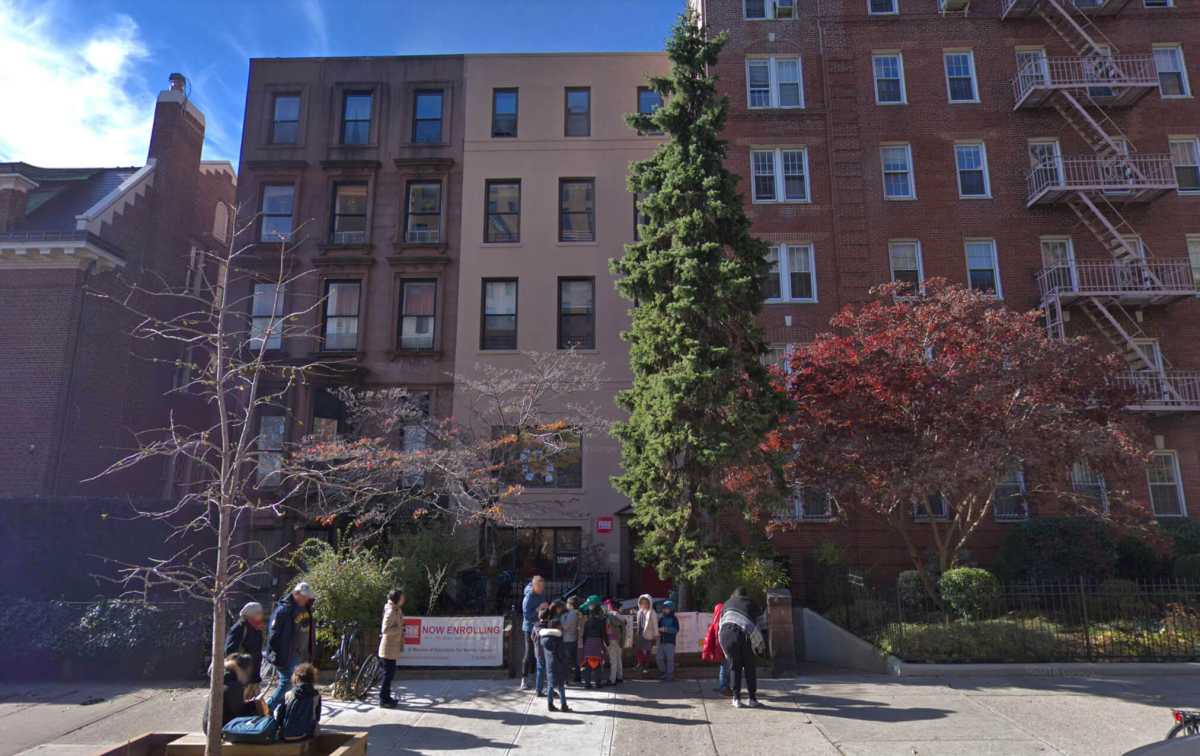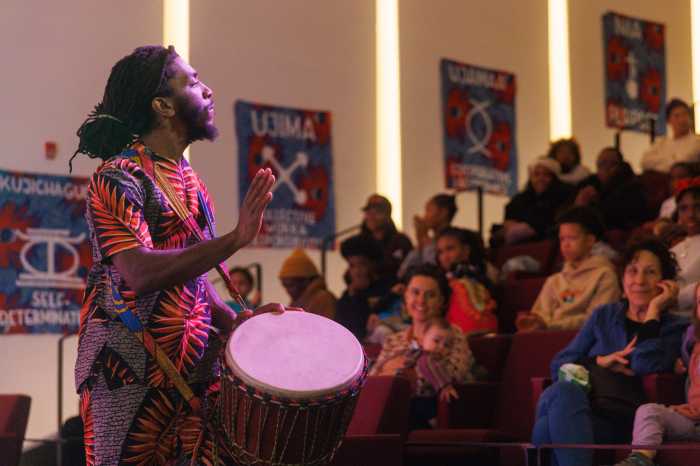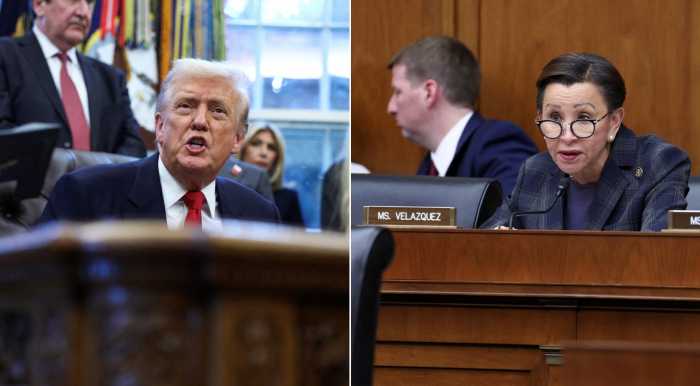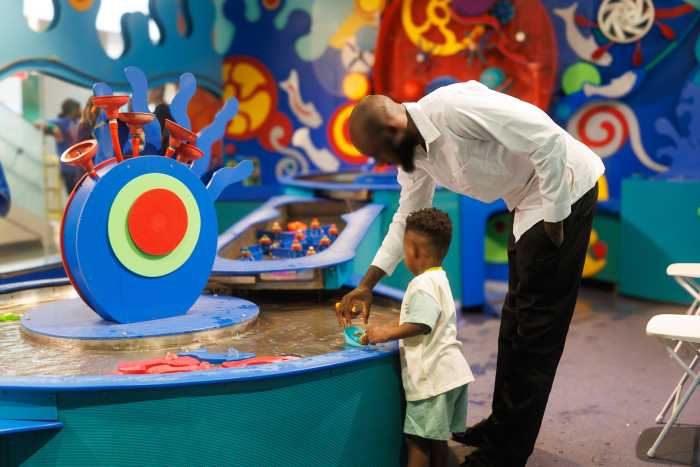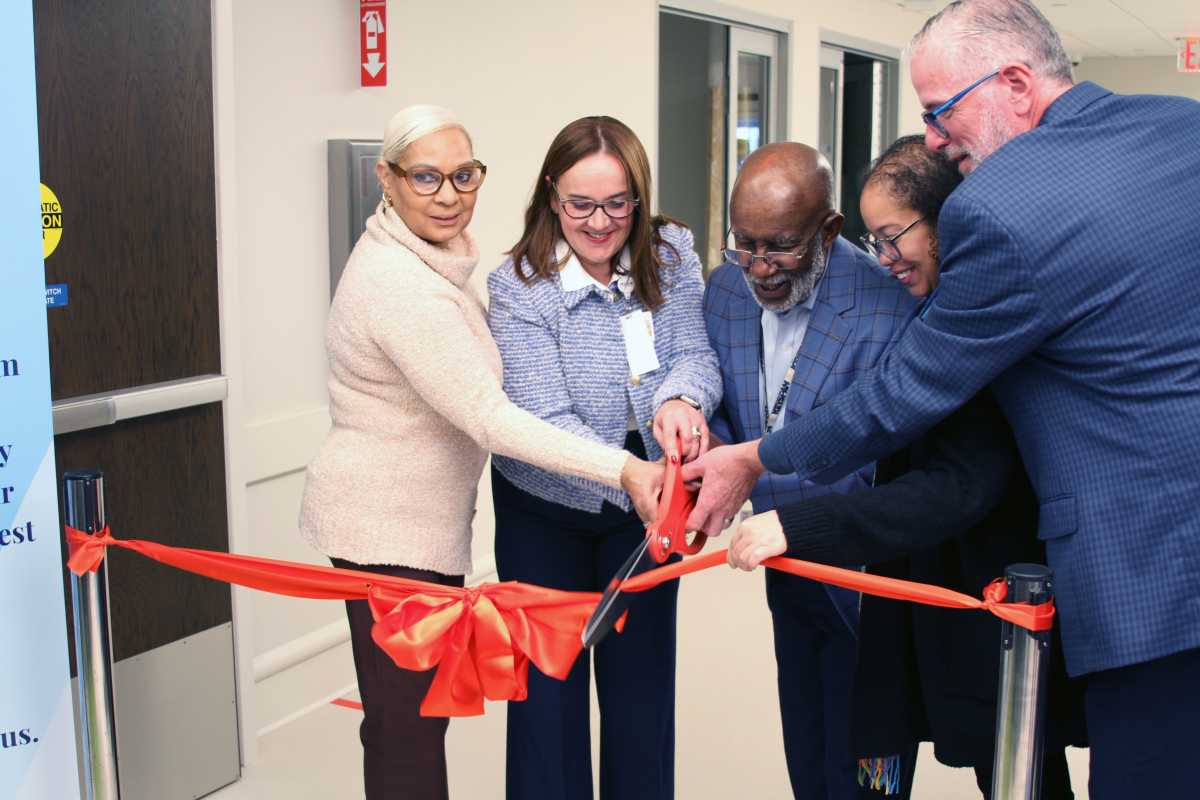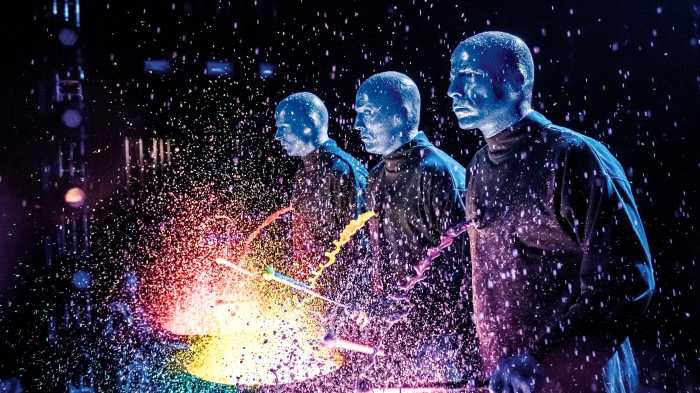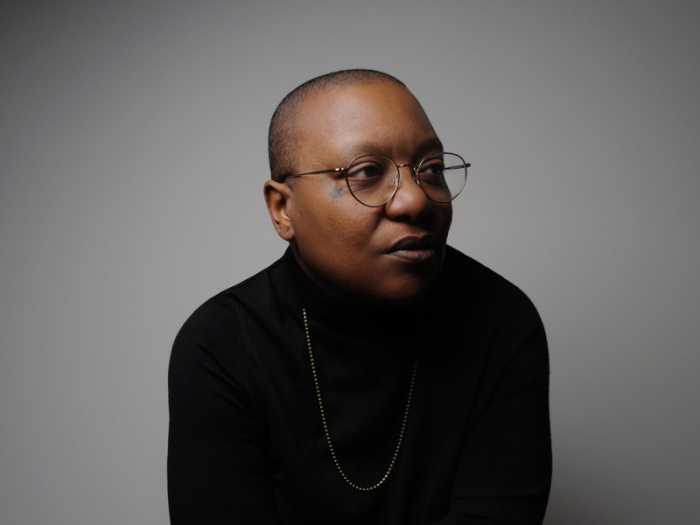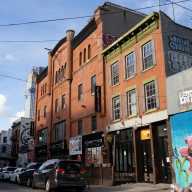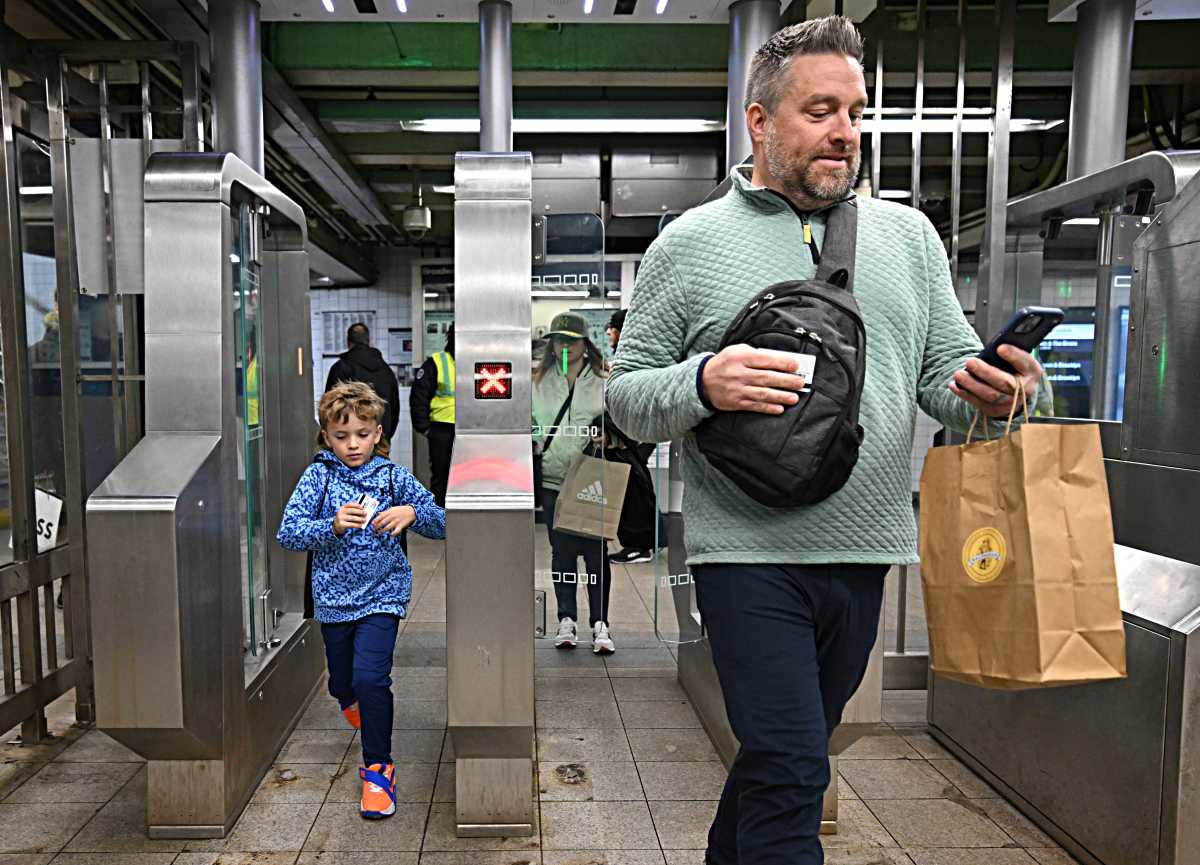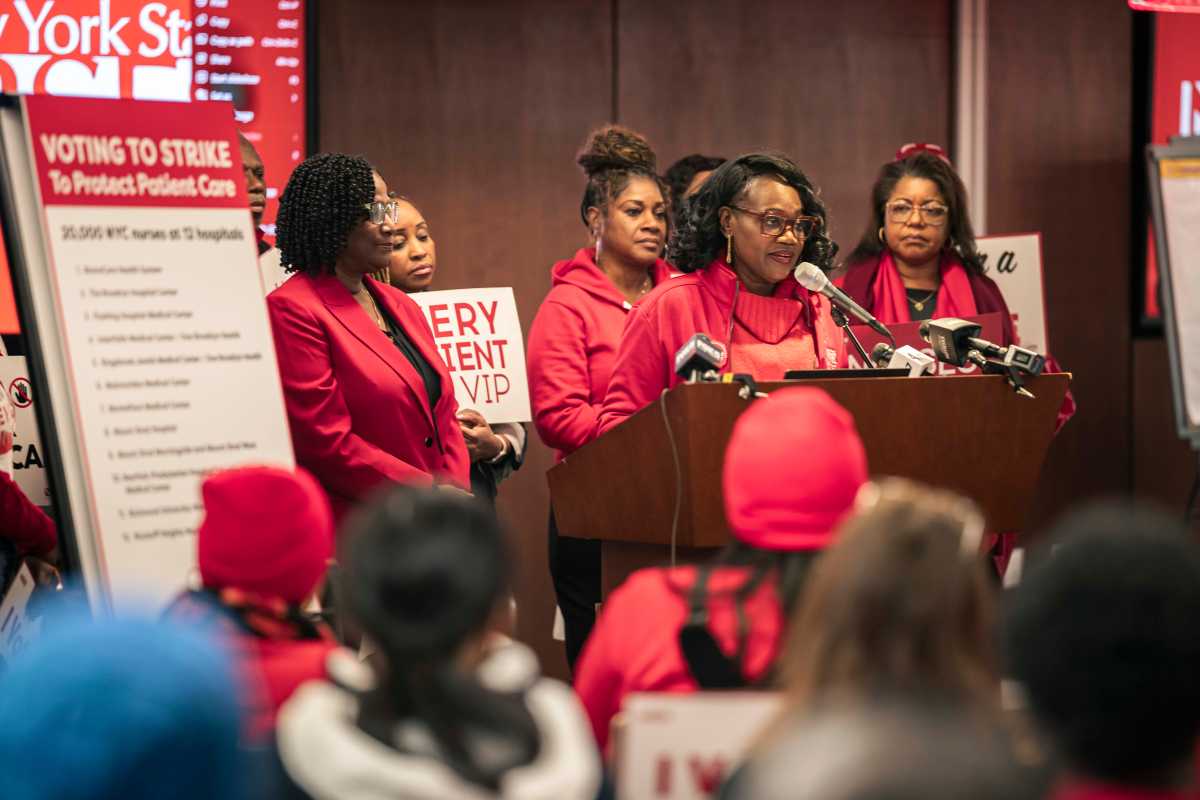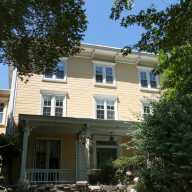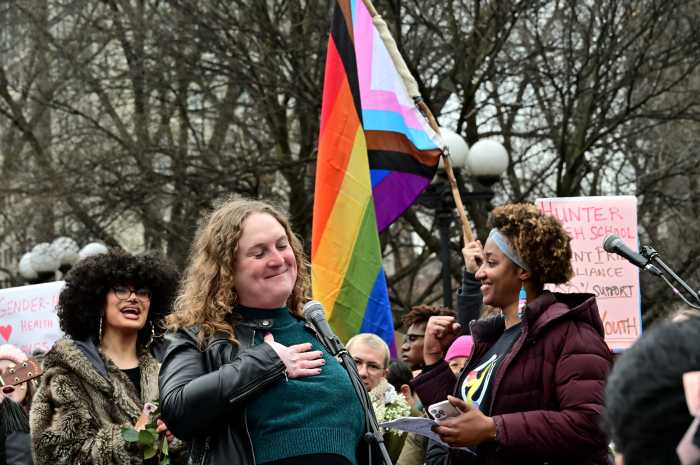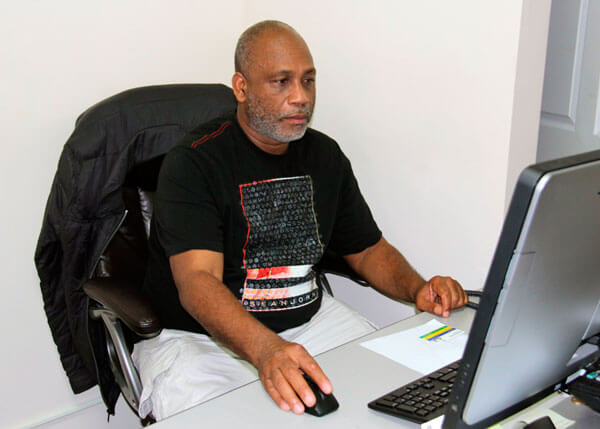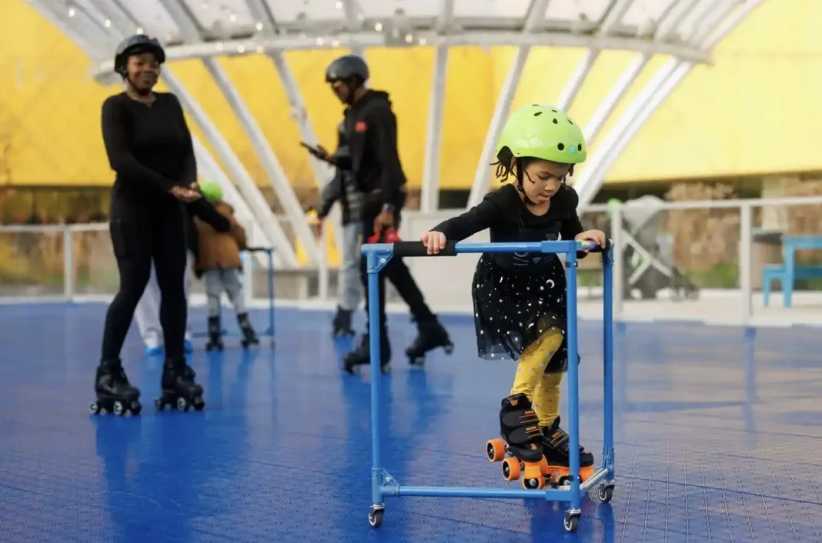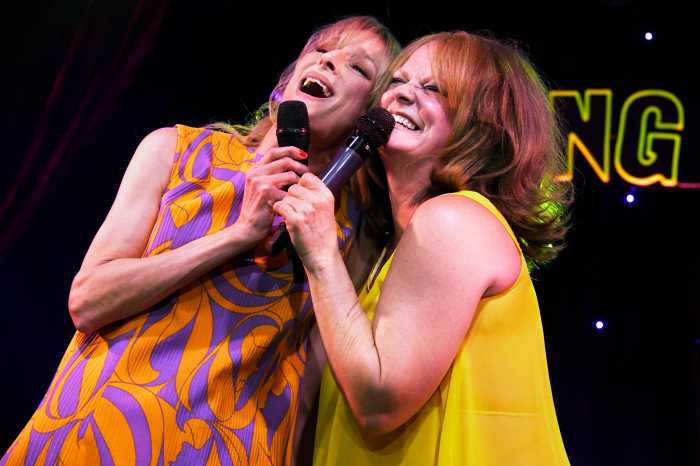Clinton Hill private school Brooklyn Free School is selling its building on Clinton Avenue and looking for a new home due to financial difficulties amid COVID-19, according to the education facility’s executive director.
“Because of financial challenges, we determined the best route would be to sell this building and relocate and build up again elsewhere,” Monique Scott told Brooklyn Paper Thursday.
The 50-pupil school listed its five-story brownstone townhouse online on Sept. 8 for $4.5 million — more than twice the $1.75 million sum its owners shelled out for the property in 2009.
The pre-K through 12th grade school was founded in 2003 and follows the Democratic Free School principles, which include allowing students to design their own curriculum without mandatory testing or letter grading.
The kids’ education has a strong focus on social justice, democratic decision-making and problem solving, according to the school’s website.
The school leader and her colleagues are now looking for a temporary space as they sell the building and she said they hope to stay in the area — given that most of their students live in Clinton Hill, Fort Greene, or Bedford-Stuyvesant — or somewhere easily reachable by transit.
“We’re looking to stay nearby or near transportation that’s accessible for our students,” she said.
Brooklyn Free School switched to virtual classes at the start of the pandemic before resuming some in-person classes in recent months, including regular excursions to Prospect and Fort Greene parks, according to Scott.
The education guru didn’t go into details about the financial troubles but said that some families moved away or decided to homeschool their children during the pandemic, noting that they did gain new students as well.
“We had a good amount of our families try to adjust their own personal situations, whether it was moving away or moving to home schooling,” she said. “We have gained new students at pretty much a normal rate, but we’re also not pushing admissions right now.”
Tuition for BFS can be as high as $33,000, though the organization offers lower rates at a sliding scale to some families based on their financial situation. They are far from alone in their plight, as other private schools around the country — which often rely on the hefty fees — have struggled to lure families back amid coronavirus restrictions.
Scott added that the school’s commitment to offering discounted admission was a large part of their current struggles, but emphasized that they want to maintain access for people with less means in the future while staying financially afloat.
“Some of our recent financial challenges are due to challenges of retention due to the impact of COVID-19, but much is due to our commitment to social justice being reflected in our sliding scale tuition and a shift over recent years toward a commitment to serving families that might not otherwise be able to attend a private school or gain an individualized education,” she said. “We are now developing a long term strategy to both sustain this commitment, ensure our own financial stability and growth, increase the impact of the school, and offer BFS as a model for others truly committed to social justice in education.”



